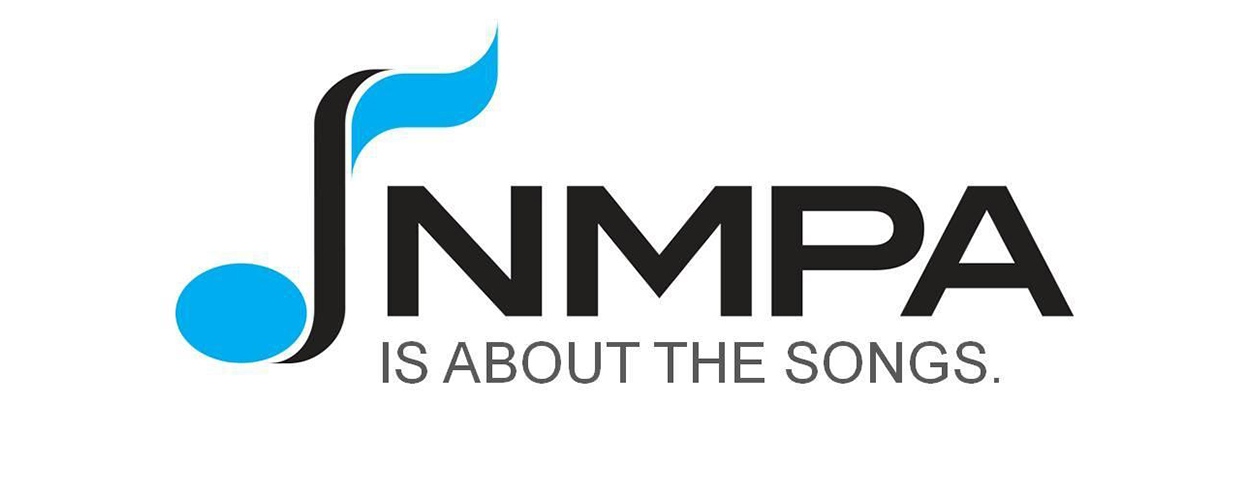This website uses cookies so that we can provide you with the best user experience possible. Cookie information is stored in your browser and performs functions such as recognising you when you return to our website and helping our team to understand which sections of the website you find most interesting and useful.
Business News Labels & Publishers Legal
US publishers question how Spotify and Amazon are applying America’s compulsory licence on their discounted services
By Chris Cooke | Published on Wednesday 28 August 2019

Feuding between the US music publishers and the big streaming firms continues. The National Music Publishers Association is now questioning how Spotify and Amazon are calculating the royalties due on, respectively, their family plan and Prime service.
The mechanical copying of songs in the US is covered by a compulsory licence, of course, and as streaming services exploit the mechanical rights in songs (as well as the performing rights) that licence is relevant to how streaming sets ups pay publishers and songwriters.
When chatting about the compulsory licence, we tend to talk most about the top line revenue share rate. That’s the rate that the Copyright Royalty Board, which oversees the compulsory licence, recently decided to increase, from 10.5% to – ultimately, 15.1%. Though, of course, Spotify, Amazon et al are currently appealing that decision.
But this is music licensing and applying a simple fixed rate across the board would be far too simple. So there are plenty of complexities in the compulsory licence (indeed, Spotify insists it’s changes to those rather than the rate rise that it has problems with).
First of all, there are various minimum guarantees to be applied. Then there is the matter of taking performing rights royalties – paid under separate licences – out of the top line statutory rate revenue share. And then there are all sorts of extra rules regarding what to do when services offer discount packages or bundle music in with other services, mainly to stop digital firms ultimately paying publishers and writers a 15.1% share of nothing.
It’s on the latter that the NMPA is now challenging Spotify and Amazon. The publisher trade group questions whether the two services qualify for the new discounts provided by the revamped compulsory licence. After all, Spotify’s family plan is also a flatmate plan, in that non-family members that co-habit also qualify. And on what basis has Amazon decided that the music element of its Prime membership scheme is worth $2.99 a month?
Back in June, Spotify told the already angry music publishers that it had been overpaying them in 2018, because of the new family plan discount. Last year it was paying royalties under the old system, but – once passed – the new licence applied to 2018 as well.
This obviously annoyed the publishers even more, given that Spotify was already appealing the new compulsory licence it was now applying in order to justify clawing money back from the publishers. Though the streaming service stressed that it was also abiding by the bits of the new licence it didn’t like while its appeal was still pending.
The NMPA now says that maybe Spotify didn’t quality for that discount in 2018 anyway. With that in mind, the trade body has sent Spotify – and Amazon – a series of loaded questions, seeking to force both companies to justify why they should benefit from service-friendly elements of the compulsory licence.
According to Billboard, NMPA boss David Israelite says: “Spotify has made a faulty reading of its family plan discount and without explanation sent music publishers and songwriters the bill. The service did this while simultaneously launching an unprecedented appeal of the CRB ruling which granted writers their first real raise in decades”.
“Meanwhile”, he went on, “Amazon has concocted a scheme where its Prime Music service is priced so low, songwriters will reap almost no royalties from its platform. This violates the law that protects songwriters work from being bundled with other offerings and essentially used for free”.
Setting out his main demand, Israelite went on: “These services, which continue to be valued in the billions, must make their calculations and rationale transparent and show how they can justify continuing to undervalue the work that makes their services possible”.





